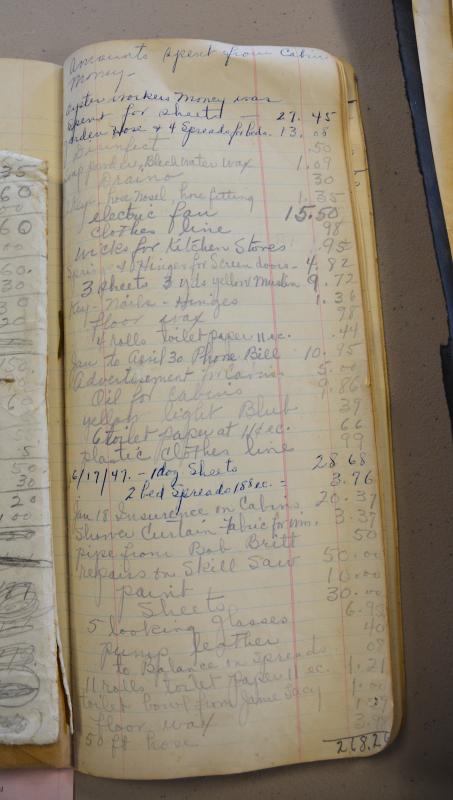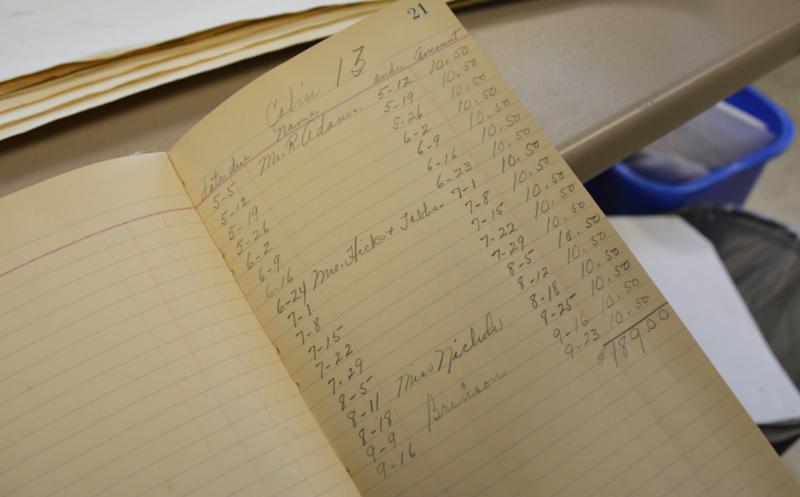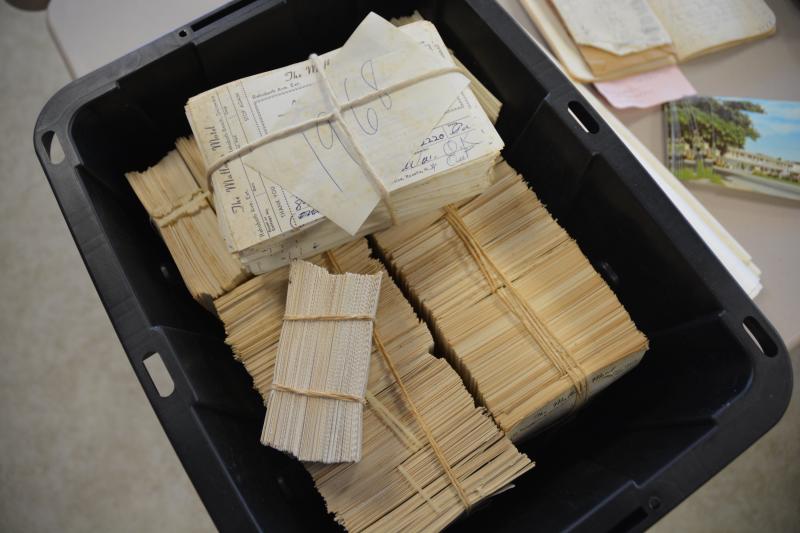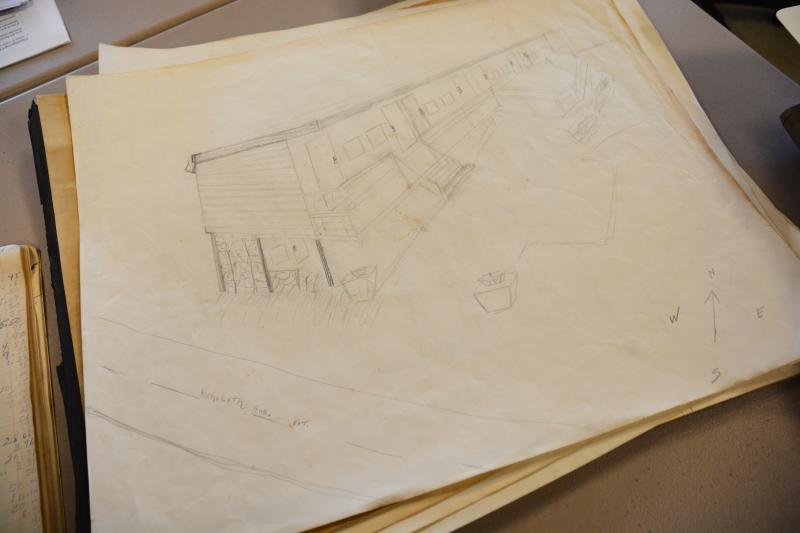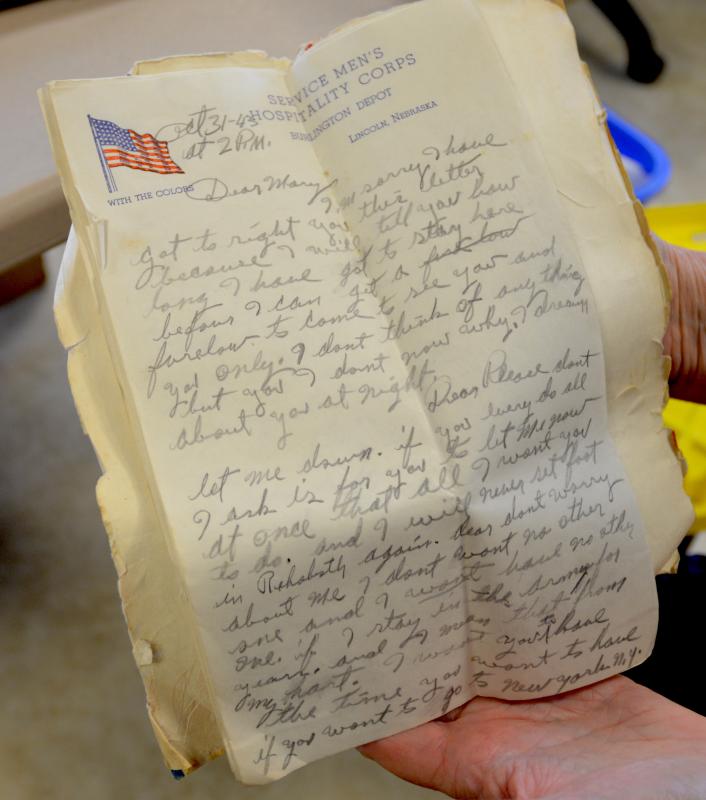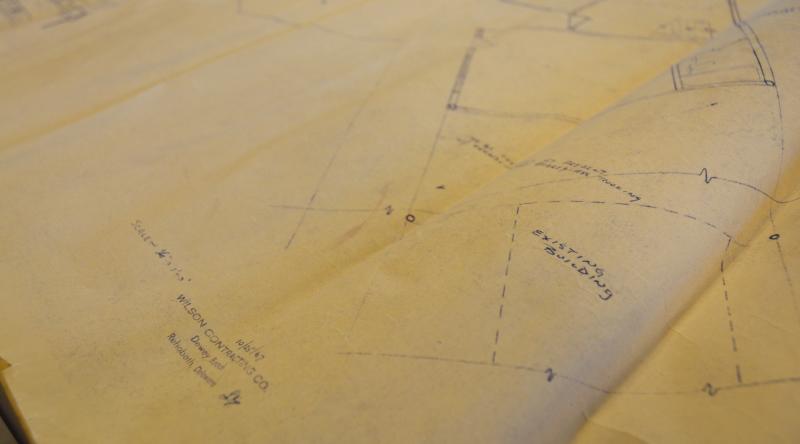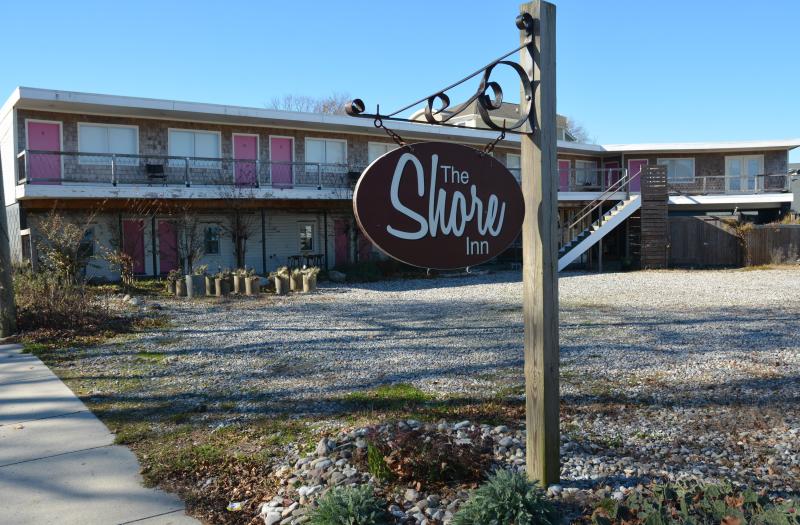Documents from Malloy’s Motel owners to be catalogued
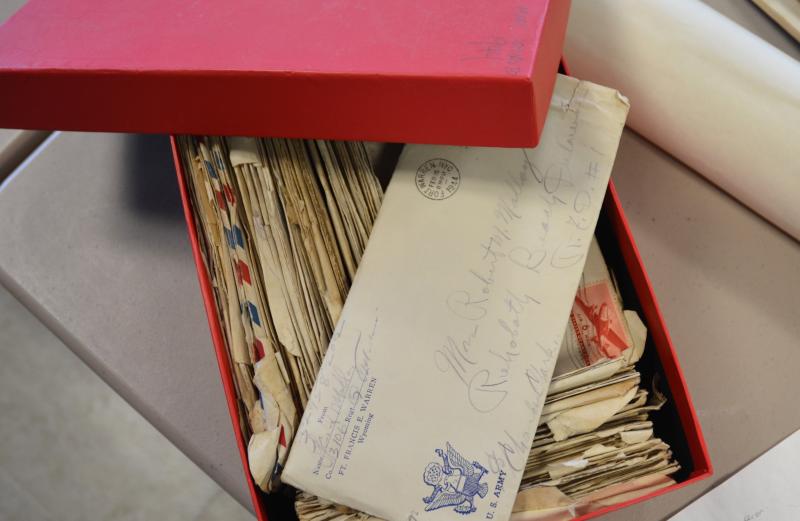
In some form or another, there has been a business renting rooms since the mid-1940s where the Shore Inn is located on Rehoboth Avenue Extended outside Rehoboth Beach.
While that property has been an inn for nearly three decades, the majority of the business’ existence, 1946-89, it was owned and operated by African American couple Bob and Mary Malloy, first as Malloy’s Modern Cabins, then as Malloy’s Motel.
The Rehoboth Beach Museum has been gifted a trove of documents from the inn’s last owner that were left by the Malloys when Mary sold the property in 1989.
During an interview Feb. 13, Nancy Alexander, museum executive director, said documents include floor plans and blueprints of the expansion in 1968, years’ worth of ledgers, old photos, guest logs, postcards and more. Malloy’s Motel was in the Green Book, she said, referencing the book that for nearly 30 years in the mid-1900s provided African Americans a list of places where they could safely eat and sleep while traveling.
According to a timeline created by Alexander, the Malloys lived on Malloy Street in West Rehoboth and opened Malloy’s Modern Cabins in 1946. Two decades later, in 1968, the original cabins were encapsulated, a second story was added and it was renamed Malloy’s Motel. Nearly two more decades later, in 1982, four more rooms were added. Mary sold the property to longtime local business owners Jay and Dian Stein in 1989, who turned the motel into the Kingston Inn. In 1995, Ben Killebrew and Michael Roussell bought the property from the Steins and turned it into the Shore Inn, which is what it has remained since under a number of different owners.
Alexander didn’t want to ruin the integrity of the documents by pulling everything out, but she did open one of the ledgers.
The ledger appears to be dated June 1947 and says, “Amounts spent from cabin money,” on the top of the page. In meticulous fashion, each line on the page has an item that was bought with cabin money and how much it cost: 50 feet of rope for $3.98; Drano for 30 cents, an electric fan for $15.50; $4.82 for springs and hinges for screen doors; kitchen stove wicks for 95 cents; four rolls of toilet paper for 44 cents; two bedspreads for $3.76. The most expensive item on that page was repairs to a skill saw for $50.
Bob was also a World War II veteran. Documents include letters from Bob to Mary and from Mary to Bob while he was abroad during the war.
Similar to the other documents, Alexander was willing to pull out one letter. Once letters are taken out of their envelopes, each page needs to be placed into a clear plastic sleeve and cataloged, said Alexander.
The multi-page, hand-written letter was from Bob to Mary while he was stationed in Lincoln, Neb. It’s dated 2 p.m., Oct. 31, 1943. The letter urges Mary to not forget him while he’s gone, and to let him know if she’s moved on from him because if she has, he won’t return to Rehoboth.
“I don’t think of any thing but you. I don’t now why? I dream about you at night,” writes Bob. “Dear please don’t let me down. If you do all I ask is for you let me [k]now at once. That all I want you to do. And I will never set foot in Rehoboth again. Dear don’t worry about me. I don’t want no other one and I won’t have no other one.”
Bob’s letters to Mary will paint a portrait of what life was like for African American soldiers during World War II, said Alexander. Also, she said, Mary’s letters to Bob will paint another portrait of what life was like in Rehoboth during the same time.
Cataloging all the information will take some time, but it’s amazing, said Alexander.
Chris Flood has been working for the Cape Gazette since early 2014. He currently covers Rehoboth Beach and Henlopen Acres, but has also covered Dewey Beach and the state government. He covers environmental stories, business stories and random stories on subjects he finds interesting, and he also writes a column called Choppin’ Wood that runs every other week. He’s a graduate of the University of Maine and the Landing School of Boat Building & Design.
















